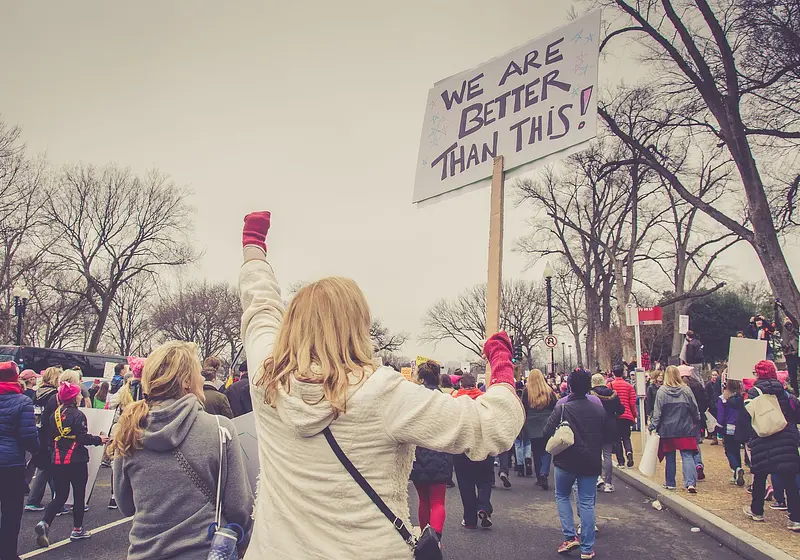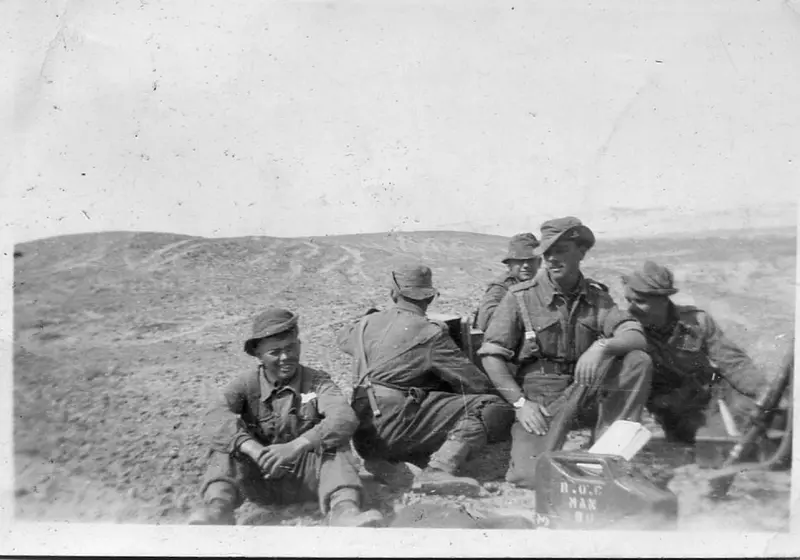June 202. Nathaniel Veltman rammed a truck into a Muslim family of five. The unspeakable act of terrorism was believed to be motivated by Islamophobia.
February 2020. A 91-year-old senior in California was violently shoved onto the pavement. This hate crime was believed to be motivated by anti-Asian sentiments.
July 2015. A couple who were part of a hate group called ‘Respect the Flag’ made armed threats at a black eight-year-old birthday party. The act was believed to be fueled by racism and extreme right-wing views.
For every best-selling memoir, there are hundreds of untold tales. These stories may never be depicted because the hero didn't get their happily ever after - or because it was believed that nobody would want to hear it. Throughout history, unspeakable acts have been committed because of a lack of empathy, compassion, or understanding. The Human Library, a non-profit organization based in Denmark, aims to fix this.
The human library focuses on getting untold stories heard around the globe. The global initiative, which has spread through over 70 countries, was started by Ronni Abergel at the Roskilde Festival in Denmark. When asked about how he felt about the widespread impact his idea has had on under-represented communities, Abergel wrote “I feel bloody amazing and marvellous each day. I feel humbled like this is some kind of dream. Today this is my job.”
Readers can 'check out' a human book and be immersed in the life experience of a different individual. This is intended to promote meaningful dialogue about stereotypes and preconceptions on sensitive matters. By listening to someone narrate their story, readers can begin to challenge their biases and understand different perspectives. Abergel says the Human Library originated because he wanted to create a space “where you can walk in, borrow a human being, and talk to them about a very challenging topic. Ideally, we wanted people to talk about issues that they normally would not talk about, or potentially don’t like to talk about, but that we need to talk about.”
Companies and schools alike have used the human library as a way to reduce stigma and stereotypes against minorities. Major corporations such as eBay, Delta, and Google have used versions of the Human Library to educate their employees on stereotypes and biases. Traditional diversity training started to emerge in the late 1960s but has not been extremely effective despite the 8 billion dollars spent annually. Unfortunately, in recent years, diversity training has been shown to backfire - leaving employees feeling even more alienated from their coworkers.
The human library reduces the problem of accidentally reinforcing stereotypes. One participant remarked that “I have Muslim neighbors and friends and my book was Muslim, and I was able to ask the book things that I sadly never felt comfortable asking my neighbors. I learned more in twenty minutes than I have from people I’ve known for many years. And I now have the courage to go engage differently with my neighbors and my community.” Another exclaimed, “I have heard of transgender people, but I never knew anyone. Putting a real face behind it and hearing their story was very powerful.”
However, you don't need to be a huge corporate company or university to hold a human library intervention. These events can be held in any community or library. The goal is to make human libraries accessible to all ages and classes.
Instead of flipping through dusty pages, the Human Library takes a more traditional approach to stories. Verbal storytelling is believed to have dated back to 30,000 years ago. Readers go to a library and can choose which story they want to hear about from aboard.
The reader and storyteller then go to a quiet space and discuss the experience in an open conversation for approximately 10 to 20 minutes. The candid discourse between readers and storytellers would be fascinating to witness.
There is qualitative science behind this unique concept. In a social experiment, scientists took four social workers and three peer support workers. All the participants participated in organizing and offering the human library for at least 6 months. At the start of the conversation, they agreed that the goal was to identify the nature and possible usefulness of the human library in promoting mental health.
Open-ended questions were posed by a moderator. These included thought-provoking questions such as “What can the human library achieve?” and “What do you think about the usefulness of human library practice?”. Surprisingly, they found that the human library approach was even more effective in achieving the initial objective of promoting social inclusion.
The participants identified several main themes. They collectively agreed that the focus on dialogue generated positive results, it helped reduce prejudice against different demographics, and finally, it helped to remove the barriers between people in recovery and other community members.
Overall, the human library can promote social innovation, open dialogue and allow people to dismantle preconceived ideas and biases. It can give a voice to under-represented communities and allow people on diametrically opposite sides to hear and witness different viewpoints.
Movements like the Human Library that are real, authentic, and non-performative could allow the next generation to grow up in a world where discrimination is not accepted or tolerated. If spending 20 minutes with a stranger could change a person's perspective on an entire demographic, maybe it’s worth giving it a try?






.jpeg)
.jpeg)







